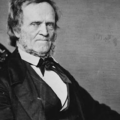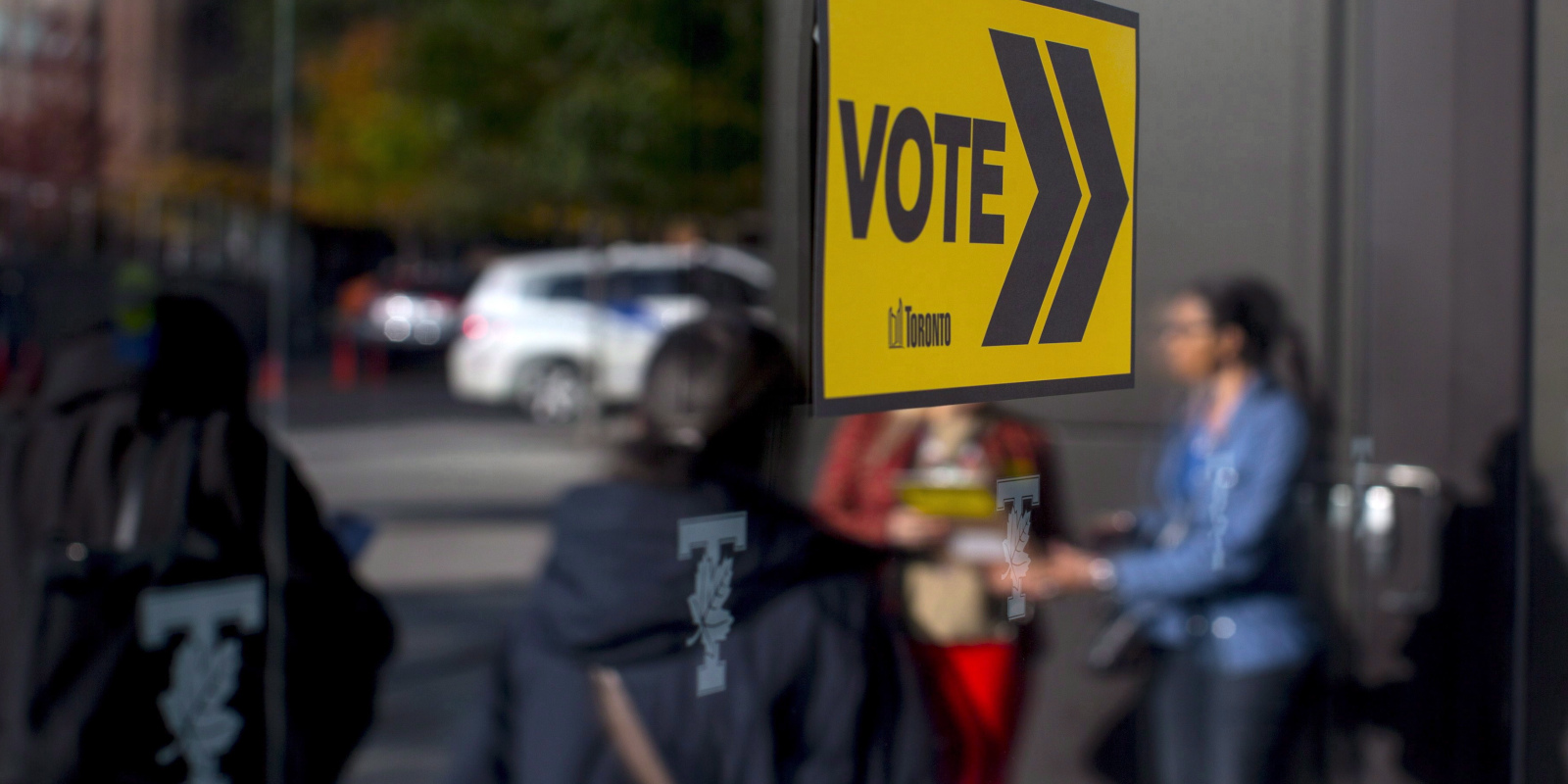If there is a battle for the hearts and votes of young Canadians, it likely won’t be won with soaring rhetoric and patriotic appeals.
It may not be surprising after the COVID-19 pandemic, but young Canadians are not feeling good about their country, according to a recent poll produced by The Hub and Public Square Research and conducted with LEO, Leger’s online panelClick the link to join the Leger Opinion online panel and get your voice heard in surveys like this..
Pierre Poilievre, the frontrunner in the Conservative leadership race, has pitched an alternating vision of Canada: sometimes focusing on the crumbling institutions and sclerotic government, and other times offering an optimistic vision of Canada as the “freest country on earth.”
Contrast that to Prime Minister Justin Trudeau’s early rhetoric of “sunny ways” and “positive, optimistic” politics which self-consciously steered clear of negativity.
Poilievre’s language may reflect his own temperament, or it may reflect his understanding of the mood of the electorate in the wake of a grinding two-and-a-half-year pandemic.
Among Canadians over the age of 55, about 74 percent agree with the idea that “although times are tough, I am very hopeful for the future of Canada,” compared to only 57 percent of Canadians aged 18 to 34, according to the poll.
The poll also shows that in the wake of the COVID-19 pandemic, which has now rolled into its third year, younger Canadians are also much less open to the idea of helping others than older Canadians.
Adult Canadians under 35 are much more likely to agree that it’s the government’s job to help people, rather than their own responsibility, with 42 percent agreeing with that sentiment compared to 27 percent of Canadians over the age of 55.
Ninety-one percent of older Canadians agree that wearing a mask to help vulnerable people is not too much to ask, compared to just 69 percent of Canadians under the age of 35.
In one of the largest disparities by age, 60 percent of adult Canadians under the age of 35 agree that they’d like to help others, but first need to help themselves. Only 34 percent of Canadians over the age of 55 agree with that statement.
Fifty-three percent of Canadians aged 18 to 34 also say they no longer feel connected to their community or society compared to 39 percent of Canadians over the age of 55.
While Poilievre has tried to strike a balance between reflecting and echoing the anxiety of Canadians and offering a competing, positive vision, there is an effort underway to infuse the conservative movement with more undiluted optimism.
A monthly discussion, produced by the Canada Strong and Free Network and hosted by CSFN president Jamil Jivani and Toronto entrepreneurs and Hub contributors Matt and Chris Spoke, called the Canadian Optimists aims to bring positive ideas and ambition into Canadian politics.
The first guest, Ontario Labour Minister Monte McNaughton, said it should be a natural fit for his own party and ideological allies across the country.
“I believe fundamentally we are the movement of optimism and we should never cede that to other parties, whether it’s any other party provincially or across Canada,” said McNaughton.
Because conservatism is so often a reaction to progressive ideas and policies, it can easily slide into pessimism, but McNaughton said it’s important to work against that impulse.
McNaughton has drawn praise for his work as labour minister in Ontario, which has sometimes been a diversion from conventional conservatism. He has reached out to blue collar union leaders and drawn some surprising union endorsements for his party in this year’s Ontario election, and he has proposed a “bill of rights” for gig workers.
McNaughton’s quest for blue collar workers has been sometimes portrayed as part of a broader ideological realignment in Canada, where professional class voters lean Left, while blue collar Canadians increasingly vote Conservative.
At the Canadian Optimists discussion, Matt Spoke said he wants to see the energy of entrepreneurship take hold in the country in order to solve big problems, like economic stagnation and climate change.
“What excites me about the world of entrepreneurship is a mentality of ambition, optimism, and vision for the future,” said Matt Spoke.
“The more we can take that and translate it into the way that we talk about political ideas and topics, and start to talk tactically about how we translate that into action, particularly within the conservative movement, I think there’s a lot of reason to be optimistic about the future of Canada,” he said.
McNaughton differentiated between Canadians being optimistic about the fate of the country and being optimistic about their ability to change it.
“So as conservatives, we need to talk about long-term projects, the long-term (health) of our provinces or country. And this idea of building, I think, is really one that we can all rally behind,” said McNaughton.
This survey was conducted with LEO, Leger’s online panel. If you want your voice to be heard, you can join the LEO panel today.
Recommended for You

Love, loss, and the sweet pain of sports suffering

William Lyon Mackenzie is worth the drive, if you can find him

Young conservatives must reject growing identity extremism

Canada keeps flaming out at the World Juniors—and it’s no surprise why



